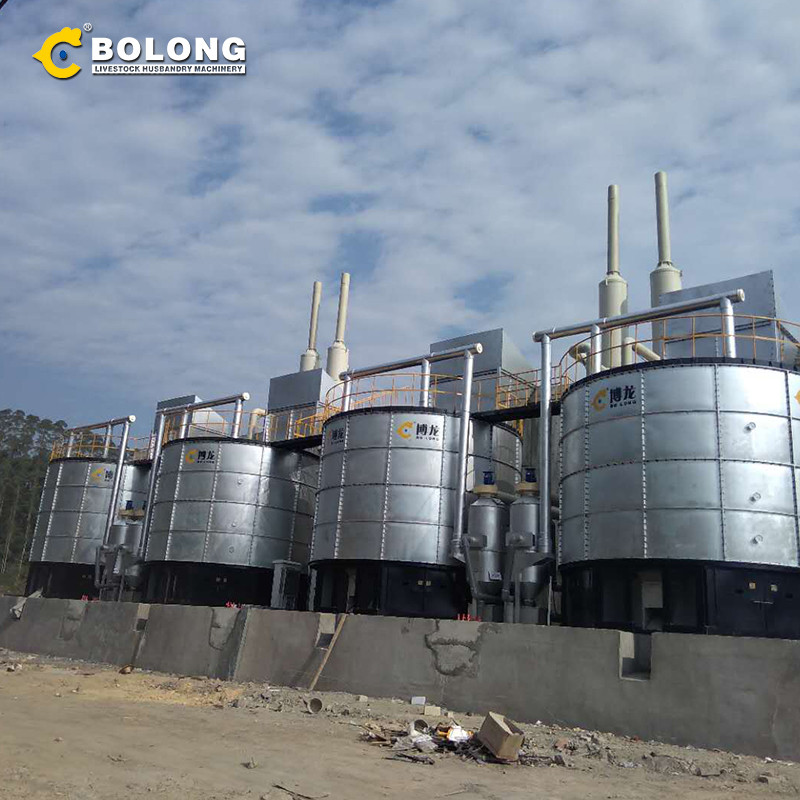
Jun 3, 2017 · Intensified and large-scale pig production leads to large amounts of manure production, and appropriate manure management is urgently needed to reduce manure emissions and environmental pollution. The MFB system has been introduced to recycle these wastes as a resource.
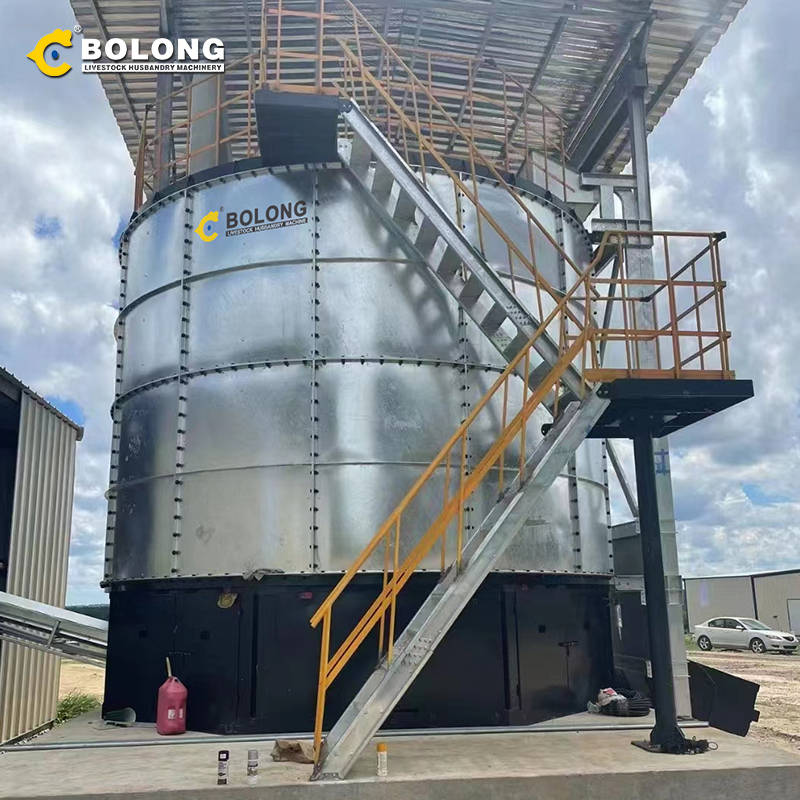
Apr 24, 2020 · Moreover, Kimura et al. (2020) reported a dry type methane fermentation system that can be used in small-scale farms with tie-stall housing where conventional methane fermentation systems are not
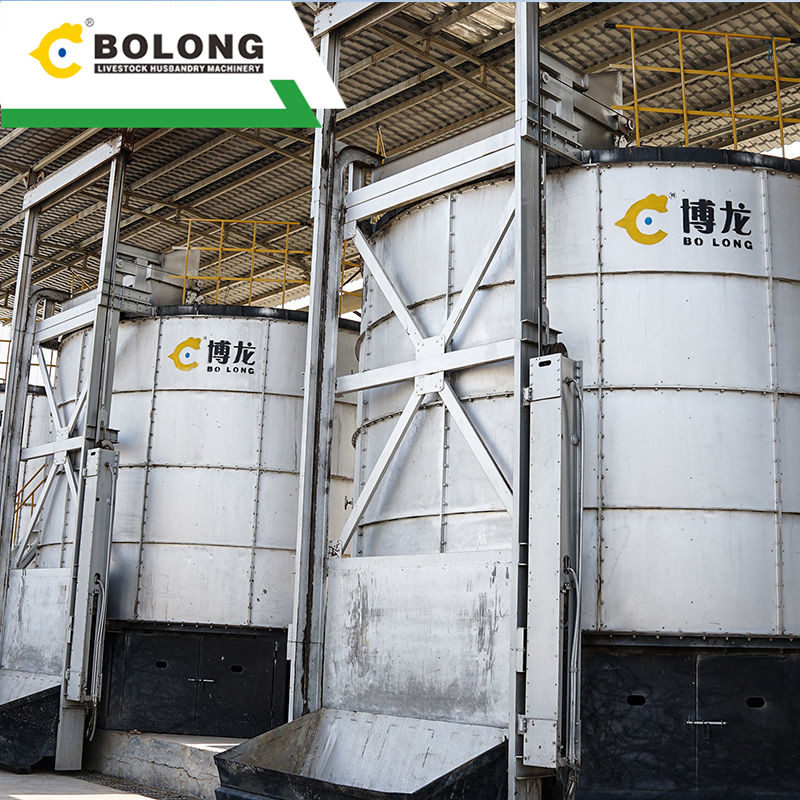
The fungal filaments in solid-state fermentation favor high penetration into the substrates and have high osmotic tolerance compared to bacteria and other single-cell microorganisms (Ashok, 1992). However, the disadvantage of solid-state fermentation is the scale-up from laboratory to commercial production (Dulf et al., 2019). This is due to
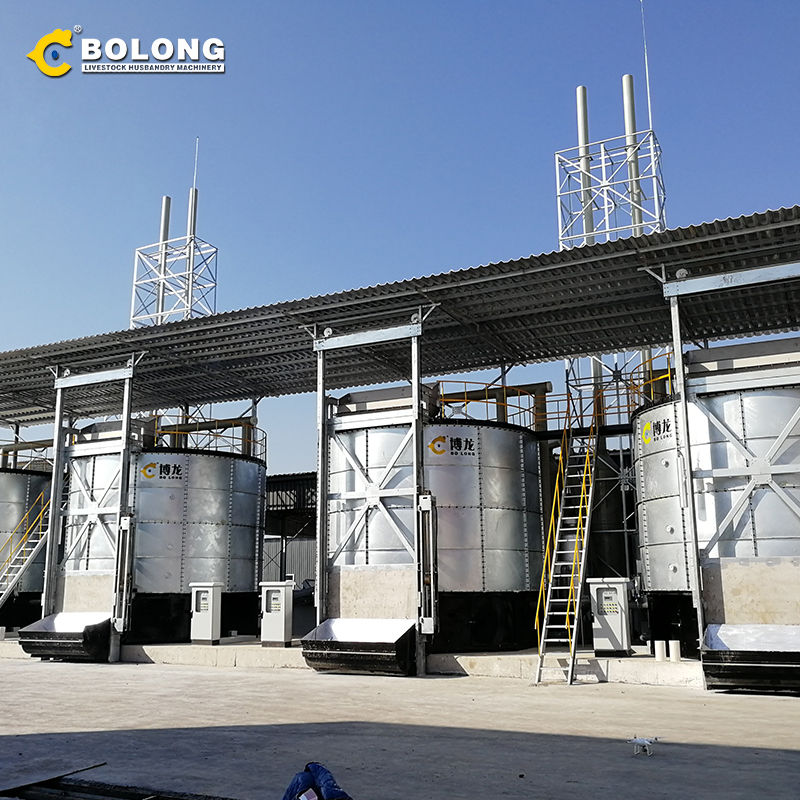
Sep 15, 2023 · AF can achieve efficient organic solid waste treatment and contribute to the development of a low-carbon economy and the replacement of clean energy. The synthesis, preparation, processing and application of AF products have enormous potential for large-scale development, and their market demand is rapidly increasing.

Jul 2, 2021 · The document discusses the design of large-scale fermenters used for industrial microbial growth. It outlines key components of fermenter design including supports for optimal organism growth, temperature and pH control systems, aeration and agitation components, and facilities for sampling and removal of biomass/products.
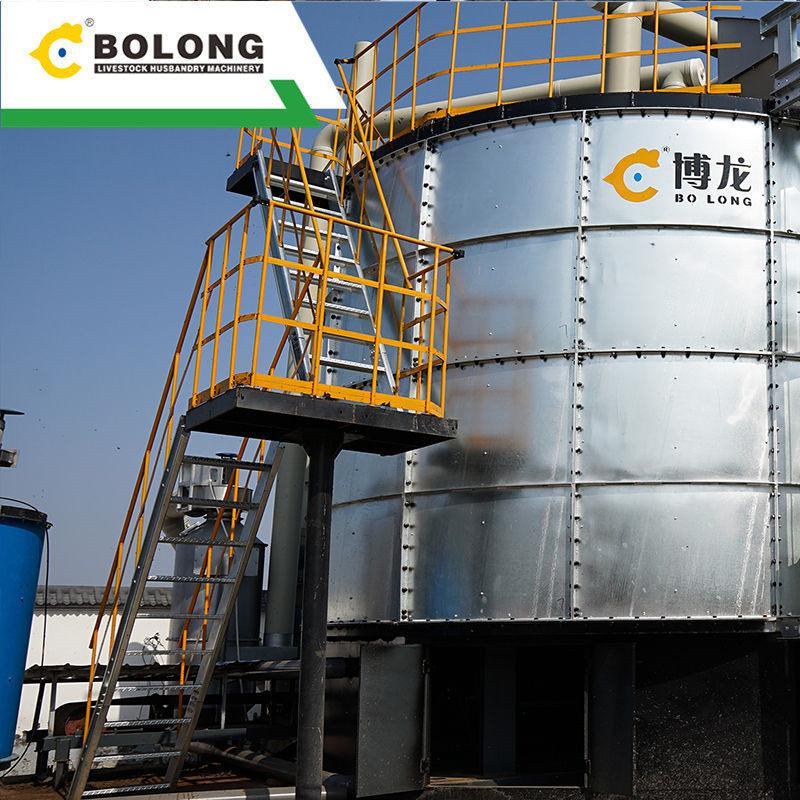
May 5, 2021 · Large‐scale production of fermented foods commonly employs the use of starter cultures: a collection of one or more microorganisms—such as Saccharomyces, Lactobacillus, Lactococcus, Streptococcus or Enterococcus—to inoculate the substrate. Starter cultures enable control over and predictability of the otherwise random nature of
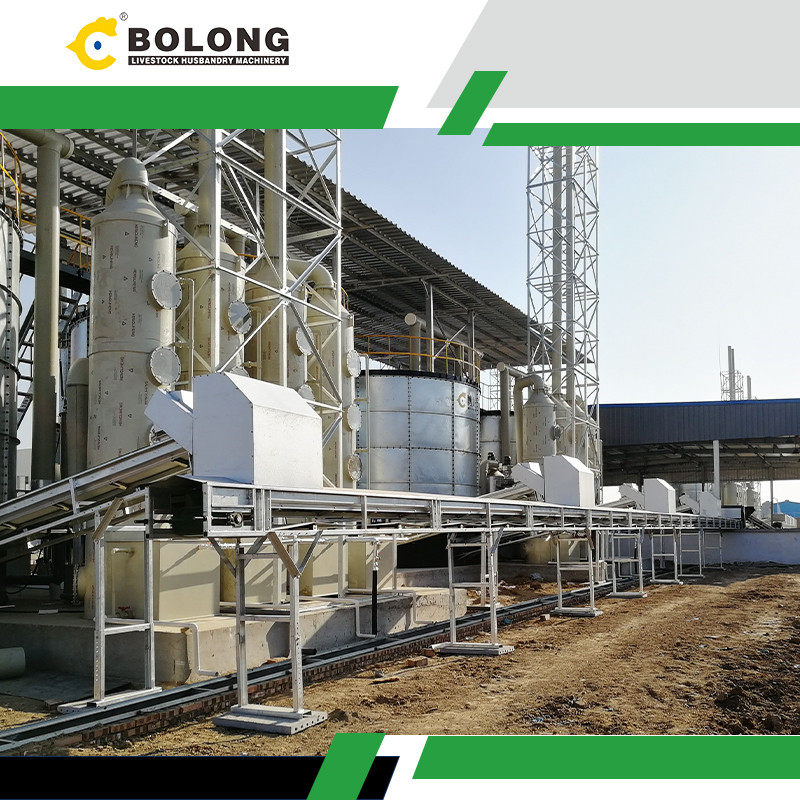
Mar 30, 2023 · Although the beginning of fermentation technologies is very old in which they had started the production of fermented foods, it can be said that modern fermentation technologies and production on an industrial scale began with the production of acetone and butanol in World War 1, whereas the production of penicillin started in World War II

Jul 2, 2016 · Background Foot-and-mouth disease (FMD) is an acute, highly contagious disease that infects cloven-hoofed animals. Vaccination is an effective means of preventing and controlling FMD. Compared to conventional inactivated FMDV vaccines, the format of FMDV virus-like particles (VLPs) as a non-replicating particulate vaccine candidate is a promising alternative. Results In this study, we have

May 15, 2021 · An ex situ fermentation system (EFS) can efficiently transform and utilize nitrogen in swine wastewater and reduce environmental pollution. High-throughput sequencing was used to study the relationship between the succession of total bacteria, fungi, and functional bacteria in a swine wastewater EFS, as well as nitrogen metabolism and environmental factors.

Nov 23, 2022 · Homogenous spatial distribution of fermentation characteristics, local anaerobic conditions, and large amounts of greenhouse gas (GHGs) emissions are common problems in large-scale aerobic composting systems. The aim of this study was to examine the effects of a semi-membrane covering on the spatial homogeneity and efficiency of fermentation in aerobic composting systems. In the covered group

Aug 23, 2023 · Fermentation temperature of livestock carcass treatment by ultra-thermophilic microorganisms. The temperature was measured daily at a depth of 100 cm below the surface from three different points, ranging from the innermost to the outermost point.

Jun 15, 2023 · Enzymes have been used in the food processing industry for many years. However, the use of native enzymes is not conducive to high activity, efficiency, range of substrates, and adaptability to harsh food processing conditions. The advent of enzyme engineering approaches such as rational design, directed evolution, and semi-rational design provided much-needed impetus for tailor-made enzymes

Jacketed tanks can be cooled using a glycol system–this is useful for keeping fermentation within a given temperature, for cold-crashing a fermentation with residual sugars still present in the must, or for aiding clarification by cooling post fermentation (which helps to precipitate yeast and other particulates out of suspension).

Jul 9, 2024 · Here, we build on this work to provide an expanded context for these technologies, assessing the impact of large-scale deployment of precision fermentation on global nutrition (beyond solely protein supply), the primary production and subsequent processing of the simple carbohydrates used to fuel first generation fermentations, the physical

Sep 27, 2021 · The proportion of the CH 4 produced that leaks from the digester, pipes and biogas appliances is dependent on the scale of the system and the sophistication of the technology used; large-scale, state-of-the-art plants are likely to leak a much lower proportion of CH 4 produced than simple, small-scale systems.